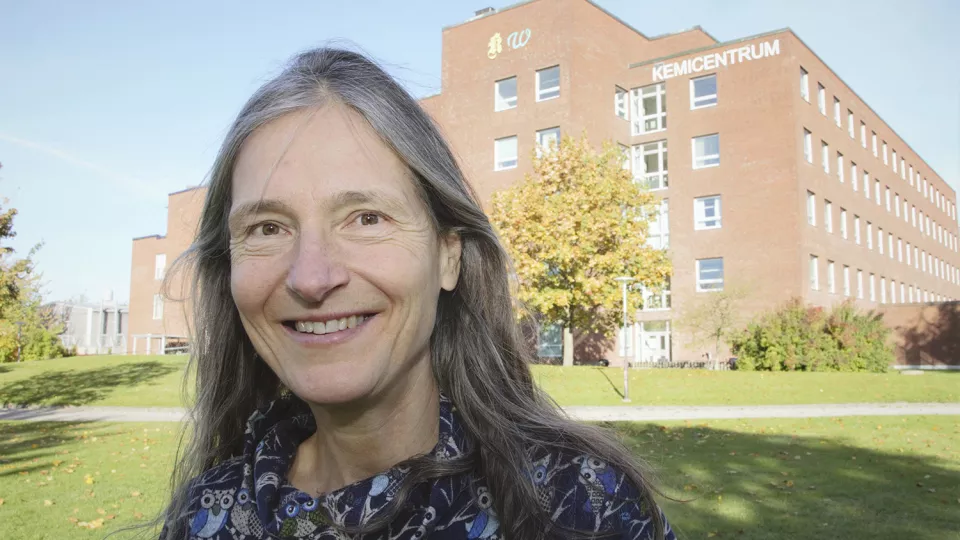Chemistry professor Sara Linse’s research project, CHAPLIN, is to investigate the thermodynamic basis for how a group of chaperone proteins work. This applies to chaperone proteins that increase other proteins’ solubility and thereby protect against neurogenerative diseases such as ALS (amyotrophic lateral sclerosis), Huntington’s, Alzheimer’s, Parkinson’s and type 2 diabetes.
One characteristic that the researchers hope to understand is how the chaperone proteins combine a very strong specificity in the matter of what they achieve with essentially no selection concerning the sequence of the proteins they help. Sara Linse’s team must therefore address the issue in ways others than the traditional search for specific elements that are directly involved in the interaction between two proteins. The research team will thus use a number of methods based on calorimetry, spectroscopy (optical and nuclear magnetic resonance) and microscopy (optical and electron), as well as the scattering of light, neutrons and X-rays. It is hoped that these efforts will find out if the answer lies in special characteristics of the chaperone proteins and, if so, what these are.
“It is immensely pleasing and flattering. The ERC grant enables us to take an in-depth approach using this exciting research, develop new methodologies and collect data in a systematic way. I hope that after five years we will be close to an answer to the fundamental question,” says Sara Linse, professor of biochemistry and structural biology.
